Traditional lead scoring has been around for decades.
Traditional is the perfect word. It means long-established. Conventional. Habitually done.
What’s the opposite of traditional?
Novel. Modern. Einstein.
Yes, Einstein.
Traditional lead scoring is choosing a horse and buggy when you have a car (Einstein) in the garage.
With traditional scoring, sales and marketing teams determine the quality of a lead based on specific activities and profile characteristics to assign them a score.
Salesforce’s Einstein Behavior Scoring uses mathematical models to identify prospects whose behavior suggests that they are ready to buy and scores them with Einstein’s engagement model.
If you’ve been using traditional lead scoring rules, its time to check what Einstein can do for you.
Einstein does the following:
1) Removes subjectivity
Einstein scoring is based on models and data (hard to dispute numbers). With traditional scoring, marketers have to guess how many points to give a prospect for clicks, downloads, and form submissions.
2) Is easy to enable!
Set a timer and see how long it takes to add names to permissions.
Go! (I bet it’s less than an hour.)
Forget about brainstorming sessions to determine scoring rules.
Skip the tedious work to set up numerous automation rules to adjust scoring and grab a coffee.
3) Caps high lead scores, making it easier to see new prospects
Over time, scores can inflate.
An active, three-year-old customer with a score of 2700 can overshadow budding, new prospects. You can miss fresh leads. Einstein scores prospects between 1 and 100.
4) Handles score decay automatically
This is where Einstein shines. Reducing prospect scores is painful after you worked so hard to get their engagement. Lowering scores also requires an advanced understanding of Account Engagement automation rules.
Einstein models do the work for you.
(Think of hiring a mechanic versus fixing a car yourself.)
5) Helps marketers new to scoring
New marketers get an out-of-the-box model to accurately identify potential leads.
6) Is predictive
Einstein evaluates your entire database to find potential prospects that will successfully close an opportunity. It gives more weight (higher score) to marketing activities that have proven to end with a sale.
Traditional scoring allocates the same points across all types of activities.
7) Scores each marketing asset
Einstein considers engagement on every marketing asset separately. If you have five forms, and one form is critical in converting prospects into opportunities, that form will contribute more points to the Einstein score than other forms. This is different than traditional scoring that gives the same points for all form submissions.
8) Evolves over time
Change is good! A new Einstein model is trained and deployed every 10 days. For example, a new marketing director is hired. When she starts executing different marketing tactics, the model will evolve over time, scoring the new activities.
9) Is specific to you
The Einstein models are tailored to your company data. No cookie-cutter, one-size-fits-all scoring.

